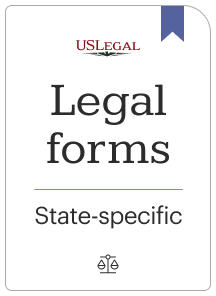

A form is where the Seller has agreed to accept a promissory note as payment of the earnest money. The earnest money form contract for a car is a legal agreement that serves as a guarantee between a buyer and seller in a car transaction. This contract requires the buyer to provide a certain amount of money upfront as a deposit, known as earnest money, to demonstrate their serious intent to purchase the vehicle. It acts as a way to hold the car for the buyer until the sale is finalized. In this contract, essential details about the car purchase are included, such as the make, model, year, vehicle identification number (VIN), and agreed-upon selling price. Moreover, the contract outlines the terms and conditions that both parties must abide by until the sale is completed. The earnest money form contract also highlights the consequences of breaching the agreement, refund policies, and any additional fees or obligations. Depending on the preferences of the buyer and seller, there can be different types of earnest money form contracts for cars. Some common variations include: 1. Fixed Amount Earnest Money Contract: This type of contract specifies a predetermined amount of earnest money that the buyer must pay, usually expressed as a percentage of the agreed-upon selling price. 2. Escrow Earnest Money Contract: Here, the earnest money is held by a neutral third party, often an attorney or an escrow agent, until both parties fulfill their obligations. This provides an extra layer of security and ensures a fair transaction. 3. Contingency-Based Earnest Money Contract: In certain cases, a contract may include contingencies, such as the buyer securing financing or getting the car inspected, before the earnest money is released or the sale continues. 4. Cash-Based Earnest Money Contract: This type of contract mandates that the earnest money should be paid in cash, either by the buyer personally or through an approved method, such as a cashier's check or money order. 5. Non-Refundable Earnest Money Contract: While this type of contract is less common, it states that the earnest money provided by the buyer is non-refundable, even if the sale does not occur. This is typically chosen when the seller wants a stronger commitment from the buyer. Whether it's a fixed amount, held in escrow, or contingent upon certain conditions, an earnest money form contract for a car plays a crucial role in ensuring a smooth and secure transaction for both the buyer and the seller.